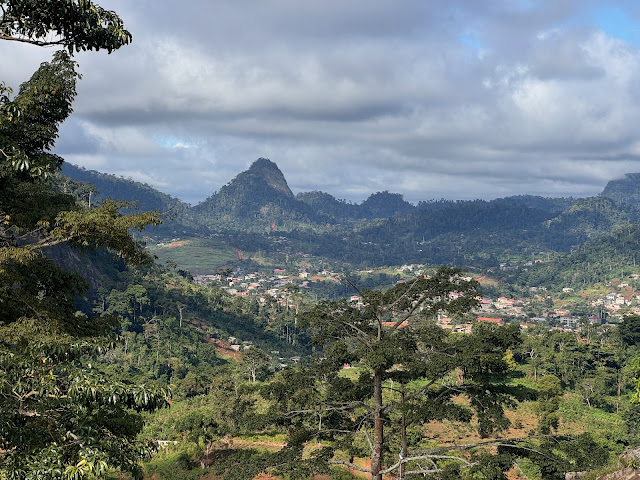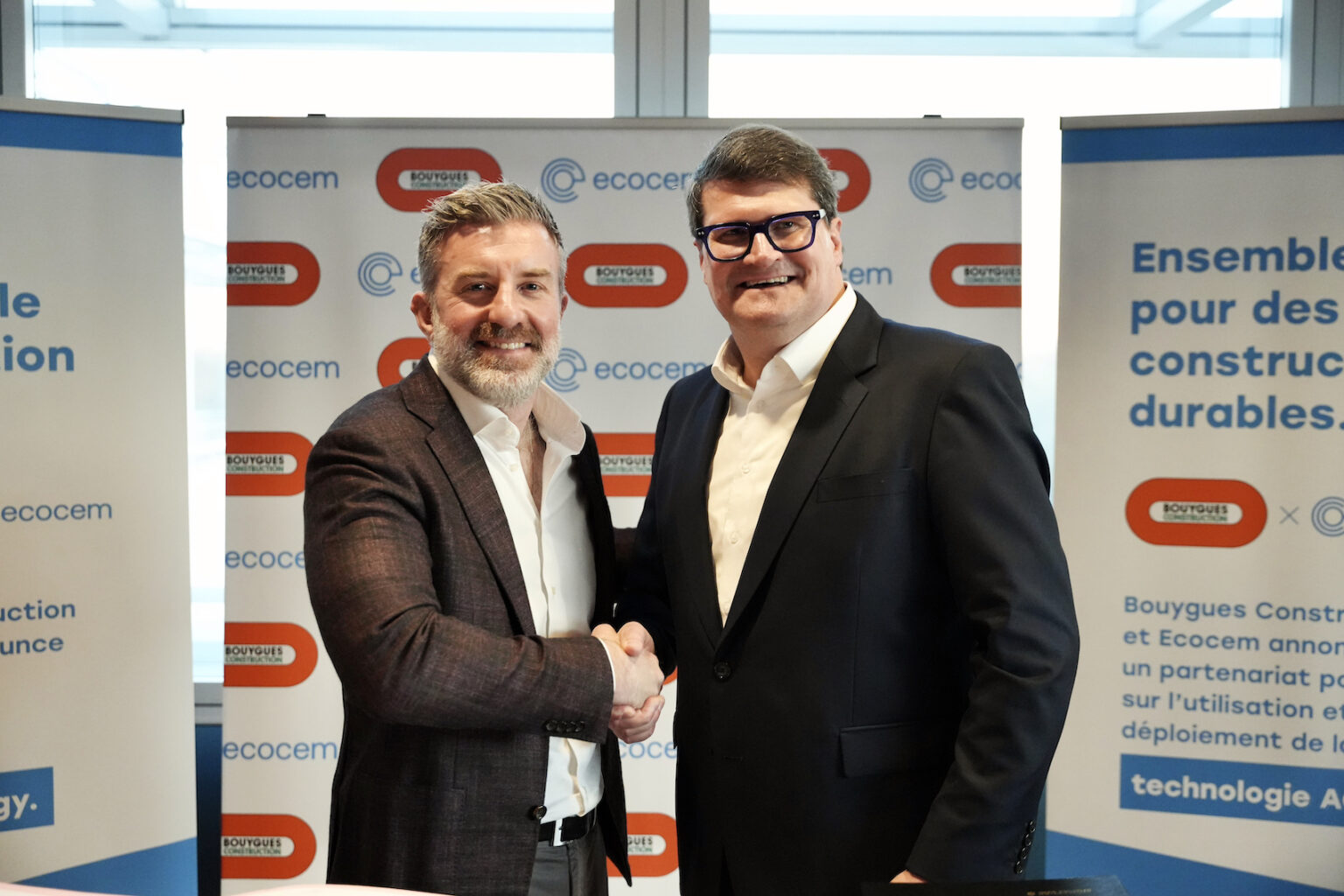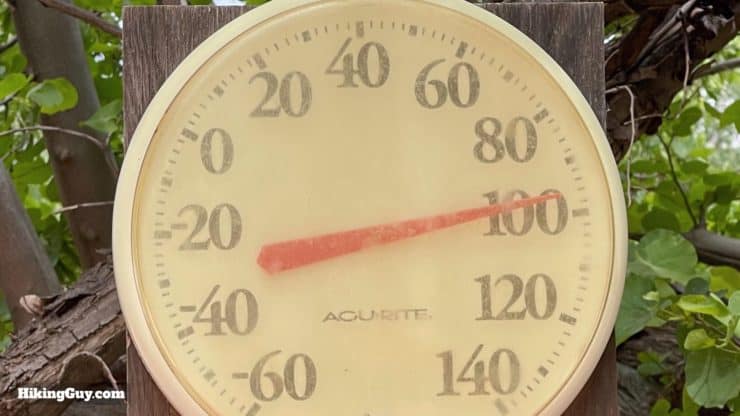Why is this day important?
Well, of course, that's a stupid question. Every day is important. But how do we turn this day into what it could be? I suppose that’s a silly question too—because, in a way, the day will simply be what it is. The idea of elevating a day to some higher purpose feels like both a privilege and a distinctly human conceit.
So, with all that navel-gazing out of the way, what do I want to do with this day?
One thing I’d like to do is go for a walk. A good, solid mile-and-a-half to two-mile walk where I can immerse myself in the environment—but also step back from it by listening to a book I’m enjoying right now. I’d go for a run instead, but it’s icy and slick, so walking seems like the better choice.
Speaking of the book, it’s The Fool’s Progress by Edward Abbey. I hadn’t realized it was essentially an autobiography—or at least a semi-autobiographical work. I’m sure parts of it are embellished (maybe), but maybe not. I’m about 60% through, and I already want to start it over, knowing now how closely it maps to Abbey’s life. There are some wonderful lines in it. One of my favorites so far is a quote from the protagonist’s father, who’s an anarchist and atheist. He says, “God is just a noise people make when they get tired of thinking.”
If you could turn each day into a project, what would it look like?
I recently came across an outline for project organization and thought it could also work to structure a day. The very first question in the outline is, “Why is this project [day] important?” Below is my answer, but as I thought about it, the next question emerged:
What does success look like?
At its most basic level, success is simply to live another day. Some might call that view nihilistic—or something similar—but I see it differently. The act of being and realizing that you are is an incredible thing. To embrace that is, I think, an awesome day.
Some might say that’s too small a goal. But I’d argue that those people aren’t fully appreciating how amazing each day already is. Rather, they may be running from fears by covering their being, and thoughts, with busywork.
Structure
Next, one of my goals for the day became clear: maintaining structure—or perhaps even improving it. But as I thought about structure, I started to look at it more critically.
Humans love structure. It gives us frameworks to make sense of the world. Even in chaotic environments, structure can emerge. While pure chaos is, by definition, structureless, complex environments often give rise to emergent structures. And it’s in those emergent structures where innovation and creativity thrive. That’s where new ideas and ways of thinking are born.
Highly structured, linear environments—those with predictable patterns—give us things like process flows, rote memorization, and repeated actions. This isn’t necessarily a bad thing, even though the way I’ve framed it here might suggest otherwise. In many situations, structure and predictability are crucial. For instance, consider an engineer designing a bridge or a surgeon planning an operation. Without some level of linear structure, their work would lack the precision and reliability needed for success.
Still, even in fields like medicine, there’s an emergent quality that can’t be ignored. Humans differ enough from one another—both socially and physically—that medicine often requires thinking beyond simple linear approaches. It’s this emergent aspect of care that, in my opinion, we don’t always account for well enough.
And yet, here I am still stuck on the first part of my project outline: Purpose and Outcome for the Day. I haven’t even gotten to the next steps: actions, supporting materials, visioning, context, or how I plan to review the day once it’s complete. But, like any project, I think purpose and outcome are where we should spend most of our time. Purpose and outcome provide the vision that fuels the energy for the work.
OK, I’m yattering now.
Let’s shift gears—here’s a photo and some quotes to ponder.
 |
| The Potomac River at the C&O Canal's Widewater |
First, my little ramble above reminded me of this quote:
“Don’t just do something, sit there.”
And this one:
“The time is very urgent—we must slow down.”
—Bayo Akomolafe, The Times Are Urgent: Let’s Slow Down
Other Quotes
These quotes, that I chose from my daily Readwise feed, speak to the need to embrace (to surf) the dynamic nature of emotions as they arise and to trust in them. They remind me that simple frameworks for understanding the world often fall short, and as the world evolves, we must adapt to its behavior rather than forcing it into convenient, rigid structures. Maintaining this "surfer" mindset requires exploration and a willingness to accept what one sees—approaching the world with the curiosity of a scientist or a detective in a mystery novel.
“Emotional stoicism and self-control are rewarded, and displays of emotion are punished. Vulnerability is now weakness. Anger becomes an acceptable substitute for fear, which is forbidden.”
—Brené Brown, Rising Strong
“The belief that economic reform would force political liberalization in China has been thoroughly discredited. The fundamental conflict—that Western democracies are threatened by authoritarian regimes—has become obvious to our allies and to responsible foreign policy voices in both parties.”
—The Washington Post (Opinion)
Finally, this one from Chip and Dan Heath’s Made to Stick:
“Cialdini believes that a major benefit of teaching using mysteries is that the process of resolving mysteries is remarkably similar to the process of science. By using mysteries, teachers don’t just heighten students’ interest in the day’s material; they train them to think like scientists.”























